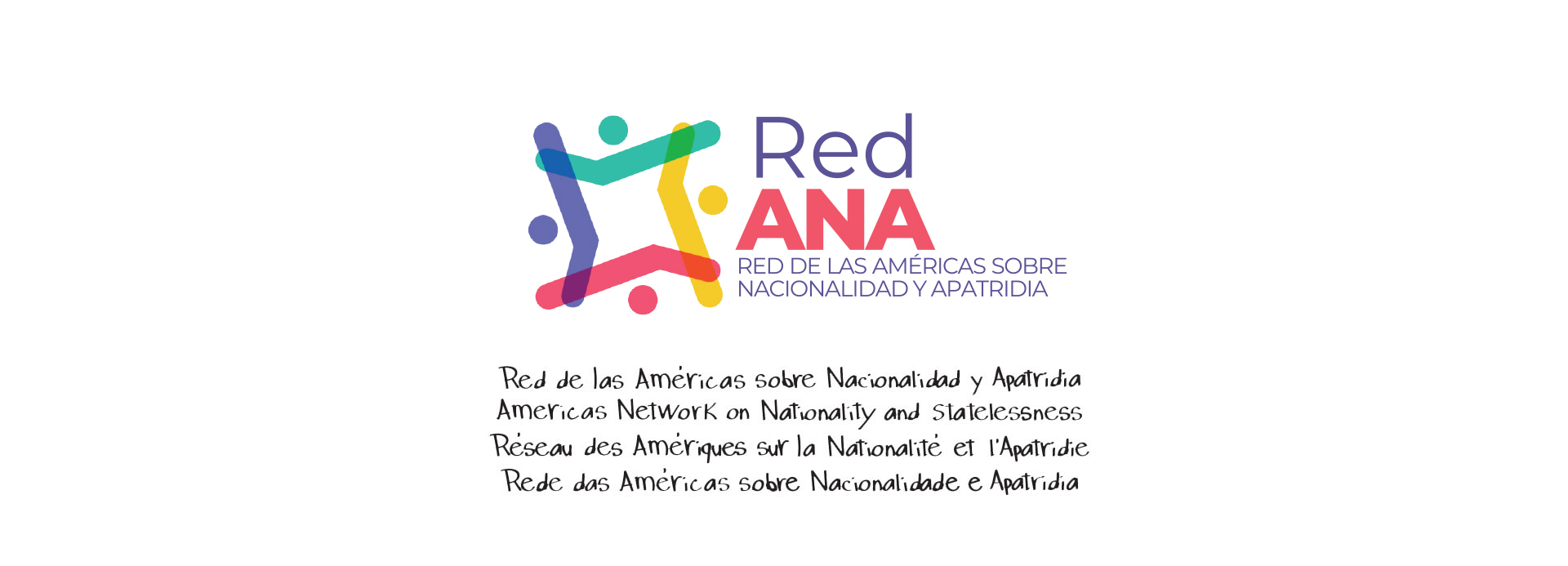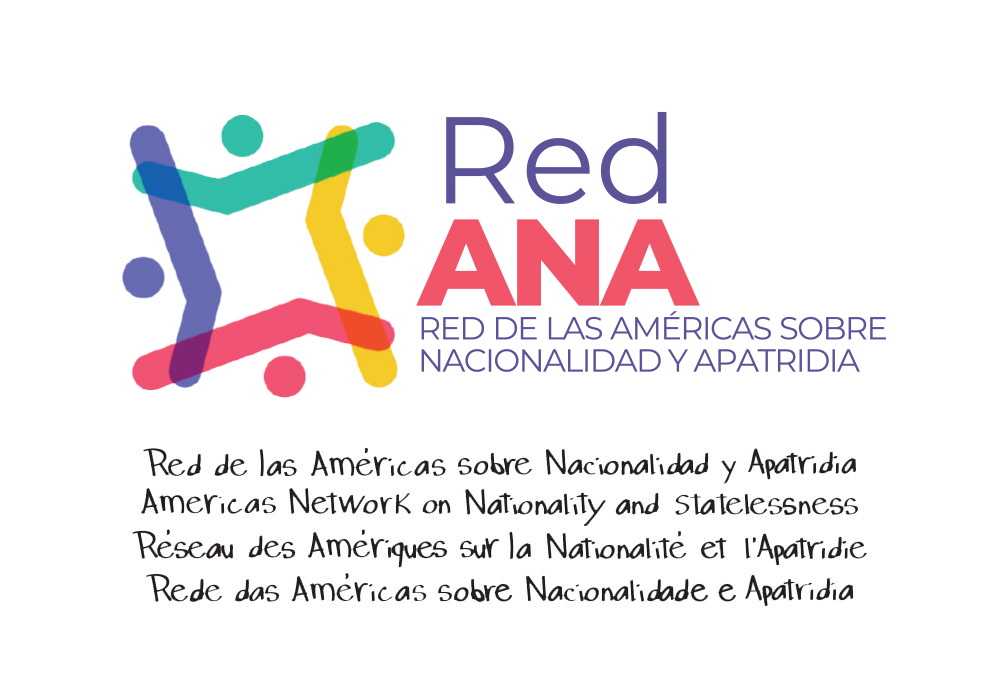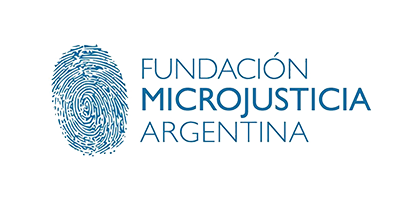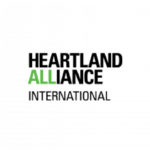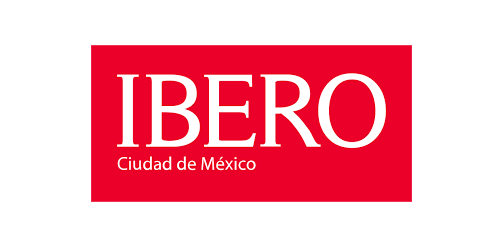The Americas Network on Nationality and Statelessness
The Americas Network on Nationality and Statelessness is a network of civil society organizations, academic initiatives, and individual experts committed to address statelessness in the Americas. We believe that all human beings have a right to a nationality and that those who lack nationality altogether – stateless persons – are entitled to adequate protection.
What is statelessness?
A stateless person is not recognized as a citizen by any State. This is important because citizenship is the essential foundation of a person’s legal identity. It is your right to have rights. Citizenship enables you not only to vote, hold public office, and exit and enter a country freely, but also to obtain housing, health care, employment, and education. Citizenship is necessary in order to live a decent human life. Stateless people are denied that right.
Legal Framework
The right to nationality is enshrined in the Universal Declaration of Human Rights, the 1948 American Declaration of the Rights and Duties of Man and the 1968 American Convention on Human Rights.
Moreover, two UN Conventions deal specifically with statelessness:

The 1954 Convention relating to the Status of Stateless Persons, which sets out the definition of a stateless person and provides protections for stateless persons, and
The 1961 Convention on the Reduction of Statelessness, which is aimed at reducing and preventing statelessness.

Our Mission

The Americas Network on Nationality and Statelessness is a network of civil society organizations, academic initiatives, and individual experts committed to address statelessness in the Americas. We believe that all human beings have a right to a nationality and that those who lack nationality altogether – stateless persons – are entitled to adequate protection.



